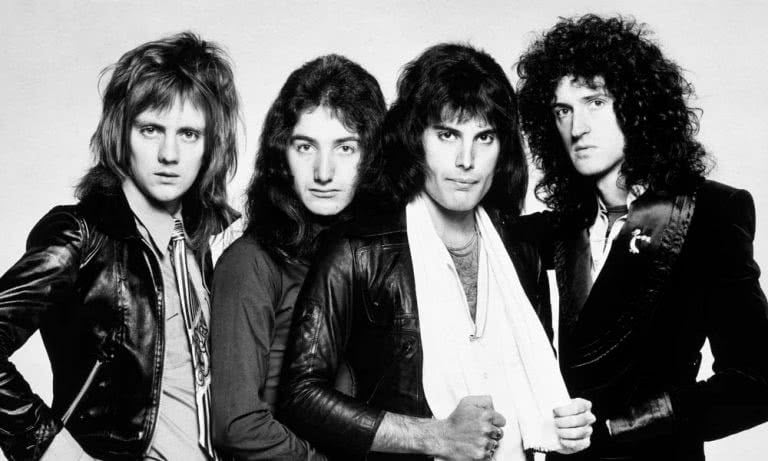Sony Music is set to acquire the Queen music catalogue for an impressive £1 billion.
As confirmed by two sources to Variety, this acquisition marks a significant addition to Sony’s already robust collection, which includes high-profile deals involving Bruce Springsteen and Bob Dylan.
The transaction encompasses the group’s royalties for recorded music rights in the US and Canada, previously held by Disney, and a distribution deal currently managed by Universal, which will go to Sony when it expires in the next couple of years.
The deal, which has been in negotiation for several years, strategically excludes revenue from live performances. This aspect remains with Queen’s founding members Brian May and Roger Taylor, who continue to tour with Adam Lambert. Notably, another bidder was in the running for the catalogue, offering up to $900 million, but Sony ultimately clinched the deal.
Queen’s catalogue is among the most valuable in rock history, featuring timeless hits like “Bohemian Rhapsody”, “Another One Bites the Dust”, and “We Will Rock You”.

These songs not only continue to earn significant royalties but have also helped cement Queen’s legacy as a stalwart in the music industry. The catalog’s value was further highlighted by the success of the 2018 biopic Bohemian Rhapsody, which renewed interest in the band’s music and increased streaming and sales.
Love Music?
Get your daily dose of metal, rock, indie, pop, and everything else in between.
The acquisition also includes future rights to Queen’s name and likeness, potentially opening avenues for projects like a jukebox musical, which could see success in major markets like London or Broadway.
Queen, formed in London in 1970, initially struggled to secure a record deal but eventually signed with EMI. Their breakthrough came with the innovative “Bohemian Rhapsody” in 1975. Despite the passing of iconic frontman Freddie Mercury in 1991, the band’s popularity endures, with their music still heavily featured at sporting events and on radio stations worldwide.

































